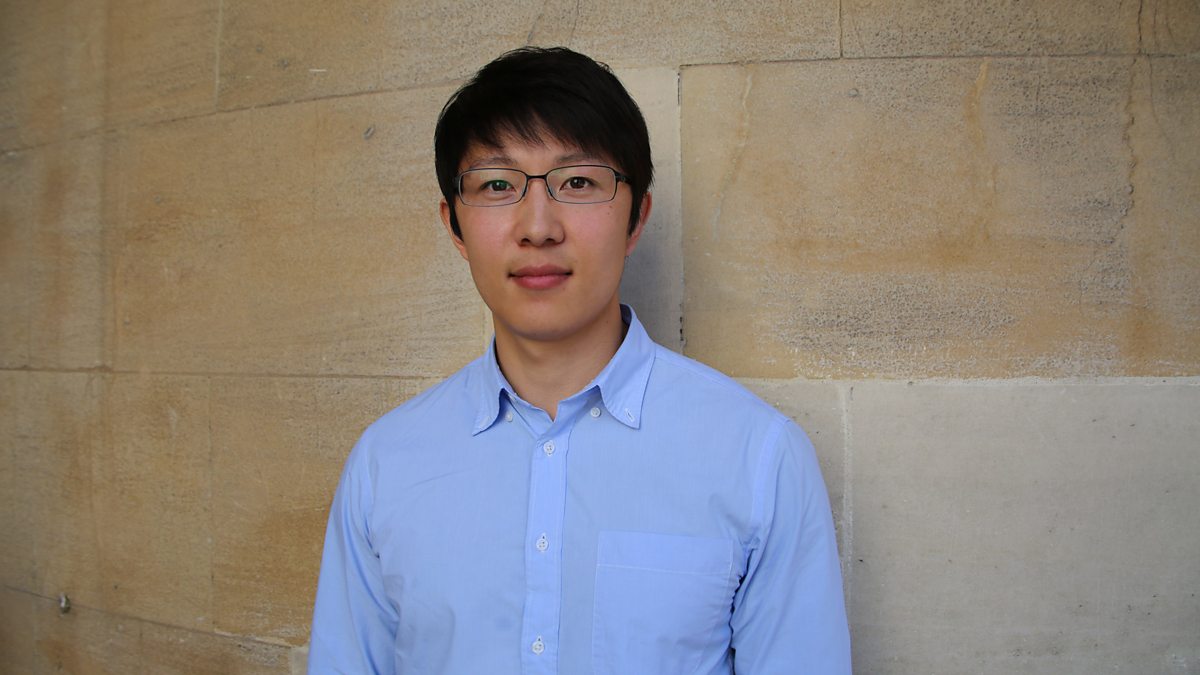

How to listen to: From Our Own CorrespondentīBC Radio 4: Saturdays, 1130. "No, we're going to the ballet," the next.ĭespite the craziness, at least I have been able to make something of my stage-managed trip to North Korea - if only to illustrate, by what they allowed me to film - that the Democratic People's Republic of Korea is truly the most bizarre country in the world.īut one can only weep at the thought of the Brazilian football correspondents at the ballet. "No, we're going to the kindergarten," they replied forlornly one day.

"Going to a match today?" we'd ask cruelly every morning. They, too, had asked to come to the country to watch the football team and had flown from Rio to London to Pyongyang via Beijing to do so. It turned out that they were Brazilian football correspondents. One morning we saw another couple sitting at breakfast, also wearing press arm bands. North Korea are playing in only their second World Cup finals Not only was the football team out of bounds, but, they claimed, there was not a single football match taking place in the entire county during my nine-day stay. I was given the impression before I left that this, along with my other requests, had been agreed.Īt my first meeting with my minders in Pyongyang, they put me straight. I thought it might be polite to ask to film the country's football team which has, for the first time since 1966, qualified to play in the World Cup. I had sent a "wish list" to Pyongyang via the North Korean embassy in London of the things I wanted to see and do while in the country. This lack of connection with the modern world is disconcerting, especially on the practical level. The party people live in the city proper, whereas this is clearly outside the city as there are so many trees,' she said. 'These look similar to some of the diplomatic compounds Ive seen which also have swimming pools. When I tried to bring the conversation back to reality, to talk about the modern world, she revealed that she had not even heard of Nelson Mandela. A long time North Korea watcher, Dr Hazel Smith, says its difficult to know where Kim Jong-il lives as, public appearances aside, his activities are shrouded in secrecy. "He's immortal," a 24-year-old-guide explained. There are over 500 statues of Kim Il-sung in North Korea "We want to see ordinary people," we begged, day after day.īut spontaneity is not allowed in North Korea.

My cameraman almost wept when a group of children playing spontaneously by the side of the road were abruptly shoved aside. I visited model farms, model villages, model factories and model schools, though, at the school, even my government minders looked faintly embarrassed when I asked a model pupil in an English language class who he admired most among modern world leaders and he answered: "Joseph Stalin and Mao Zedong."īut then, with its personality cults, dictators and marching Young Pioneers, North Korea is so 20th Century.Ī confused old woman pushing a shopping trolley along the road, a factory worker wearing an old jacket at work, and random street vendors were, all hastily removed from in front of the camera, lest they tarnish the sanitised version of their country that officials wanted us to film. Potemkin villages sprang up wherever I went. Jez also explained how all Buxton® water bottles are now entirely made from 100% recycled plastic (rPET) and how the introduction of rPET contributes to reducing carbon emissions across the supply chain.I went to the Soviet Union in the Brezhnev years and have filmed in Burma and Tibet, but I have never before been anywhere I have been so watched and controlled, or where everything is so stage-managed. We hope this was a useful insight into how we deliver our wonderful natural mineral water taken straight from the source here in Buxton." Jez McInerney, Factory and Operations Manager at Nestlé Waters UK, added: "It was fantastic to be able to showcase our innovative processes to BBC Radio 4's Today programme and its captive listeners. By constantly striving to improve our processes, we continue to provide consumers with natural, great-tasting mineral water." Grant McKenzie, Managing Director of Nestlé Waters UK, said: "As one of the biggest employers in the local area, it is imperative that we train and upskill our employees so they can continue to work in our facilities. The factory employs around 200 people and Buxton® has retrained and upskilled many of these individuals on the new automation processes. Recent investments have allowed Buxton to roll out automation for its bottling process and in its warehouse facilities, which has required a shift in job specifications for factory employees. Buxton® Waters welcomed BBC Radio 4's flagship Today programme to its water factory in Derbyshire, to explain how it processes and bottles its famous mineral water.įactory Manager Jez McInerney explained how Buxton® has implemented automation into its production processes to effectively respond to demand for its mineral water.


 0 kommentar(er)
0 kommentar(er)
